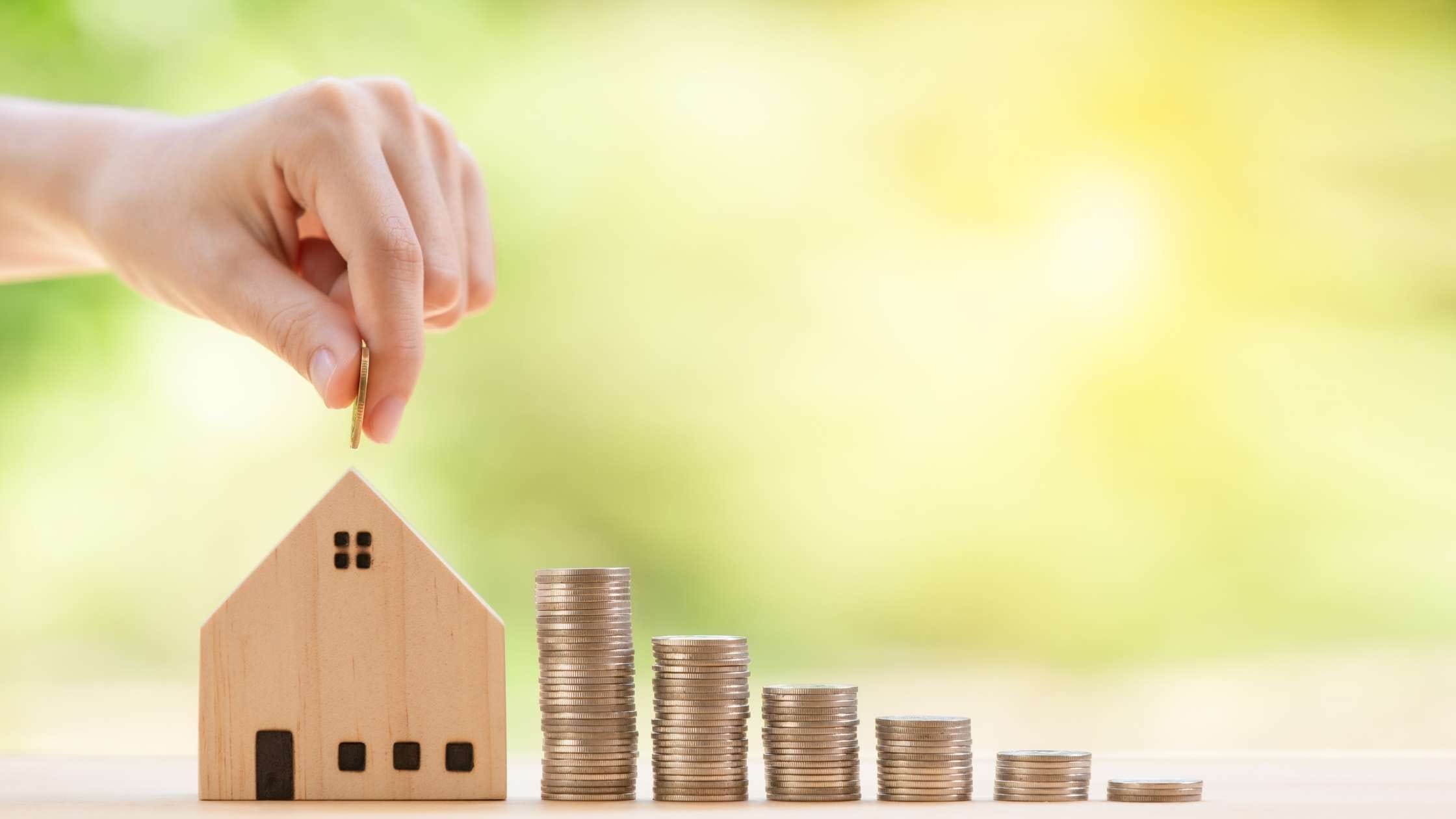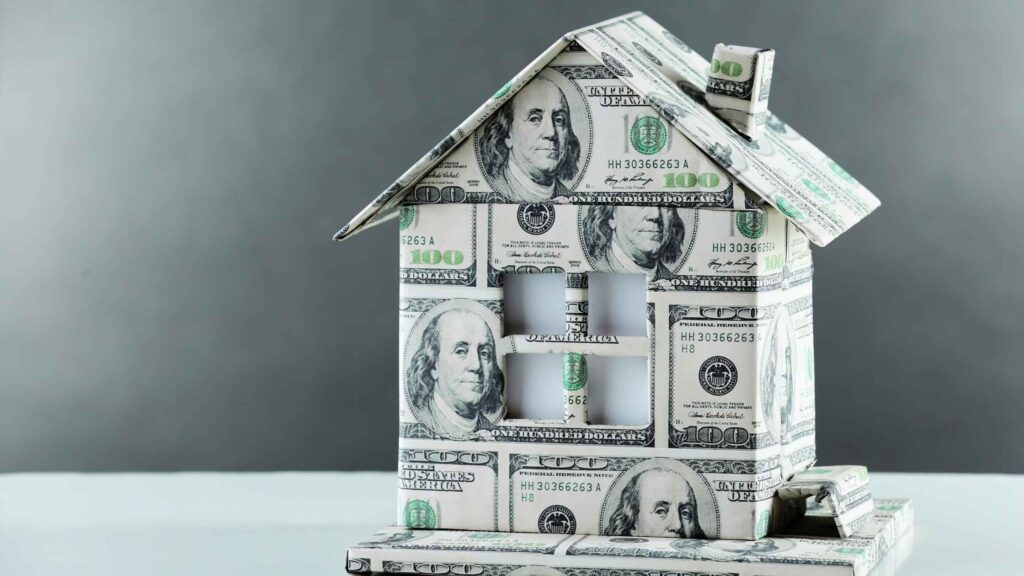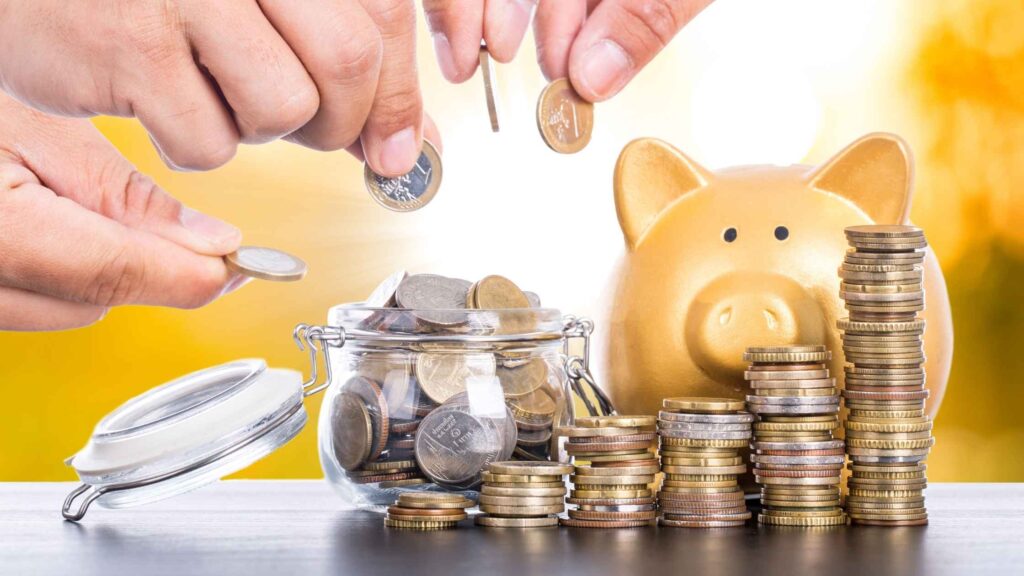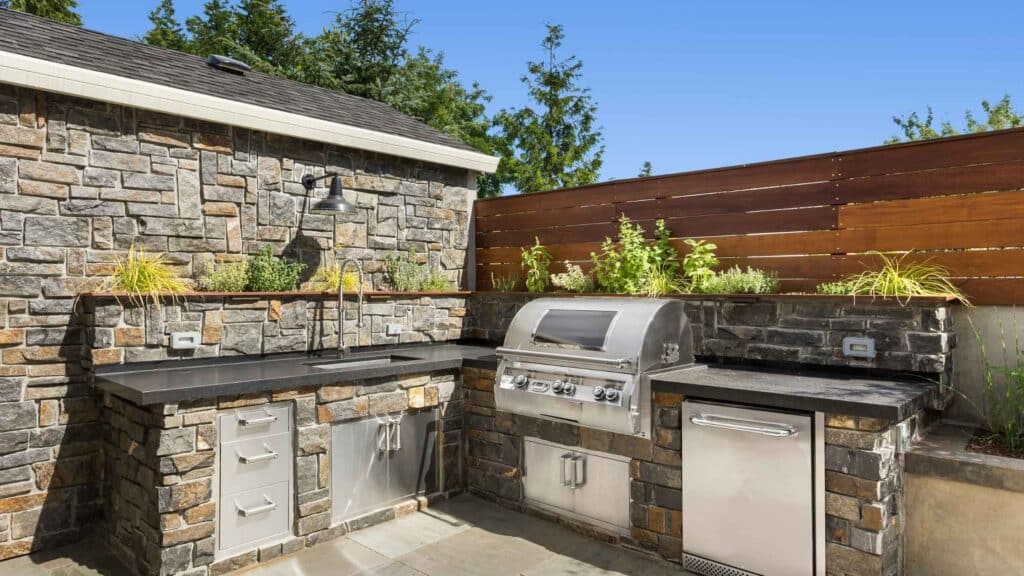Are you wondering how you can start to save for a house? Buying a house is one of the largest and most exciting financial goals many people dream of achieving. However, saving for a home can feel overwhelming, especially when your budget is tight and money is already stretched thin.
Whether you are a first-time homebuyer or planning to purchase a new house for your family, having the right savings strategy is essential.
The process of saving for a home requires patience, discipline, and consistency, but the rewards are worth the effort.
In this comprehensive guide, you will learn the best way to save for a house while managing other financial priorities.
These practical strategies will help you make steady progress toward your dream of homeownership, no matter how limited your budget may be.
Why You Should Start To Save For A House
Saving for a house is one of the most important financial steps you can take to secure your future. Owning a home provides stability, security, and the ability to build long-term wealth through property ownership.
Unlike renting, where monthly payments contribute to someone else’s investment, paying a mortgage helps you build equity in your home.
Over time, this equity can increase as property values rise. However, buying a home also comes with significant upfront costs that you need to be prepared for.
In addition to the down payment, you will need to budget for closing costs, moving expenses, and ongoing maintenance.
Without a clear savings plan, these expenses can create financial stress or delay your goal of homeownership.
Having a dedicated savings strategy allows you to reduce the financial burden, feel more confident in the homebuying process, and enjoy the stability that comes with owning your own property.
How Much Do You Need to Save for a House?
Understanding how much money you need to save for a house is the first step toward creating an effective plan.
Begin by researching home prices in the area where you want to buy. This gives you a realistic idea of how much you can expect to pay.
Once you have a target home price in mind, you can calculate the amount you will need for a down payment.
A 20% down payment is often recommended because it helps you avoid paying for private mortgage insurance, which adds to your monthly costs.
However, many buyers successfully purchase homes with lower down payments, often around five to ten percent.
In addition to the down payment, you will need to plan for closing costs, which typically range from two to five percent of the home’s purchase price.
These costs cover things like inspections, appraisals, and loan fees. It is also important to set aside money for moving expenses, initial repairs, and home maintenance.
Once you have these numbers in front of you, you will have a clear savings goal and know exactly how much you need to set aside before purchasing your home.
Tips For The Best Ways To Save For A House
Some of the best tips to save for a house in 2025:
Create a Budget That Prioritizes Saving
The best way to save for a house on a tight budget is by creating a detailed budget that prioritizes saving over unnecessary spending.
Start by carefully reviewing your income and all monthly expenses. Track where your money goes so you can identify spending areas that are not essential.
Once you have a clear picture of your finances, make a conscious effort to reduce non-essential expenses.
This could include dining out less often, limiting online shopping, or canceling subscriptions you no longer use.
After cutting unnecessary costs, dedicate a portion of your income directly to your house savings fund. Even small contributions add up over time if you remain consistent.
A good strategy is to set up a separate savings account specifically for your home fund. This helps you avoid the temptation to spend the money on other things.
A budget focused on saving will keep you on track and provide the discipline you need to reach your goal of buying a home.
Build an Emergency Fund First
Before you commit to saving for a house, it is important to build an emergency fund to protect yourself from unexpected financial setbacks.
Life is unpredictable, and emergencies such as car repairs, medical bills, or job loss can happen at any time.
Having an emergency fund ensures that you will not need to dip into your house savings when an unexpected expense arises.
Start by saving a small amount, like one thousand dollars, then work toward building a fund that covers three to six months of essential living expenses.
Store this money in a high-yield savings account that is separate from your home savings account.
Once you have your emergency fund in place, you can focus completely on saving for your house without worrying that a sudden financial emergency will derail your progress.
A solid emergency fund provides peace of mind and helps you stay committed to your homeownership goal.
Automate Your Savings
Automation is one of the best ways to save for a house because it removes the guesswork and ensures you consistently contribute to your savings.
By setting up automatic transfers from your checking account to your savings account, you create a habit of saving that happens without thinking.
You can choose to transfer a specific amount each payday, whether it is ten percent, twenty percent, or whatever amount fits your budget.
There are also apps available that round up your everyday purchases to the nearest dollar and deposit the spare change into your savings account.
This method adds extra money to your house fund without requiring any extra effort on your part.
Automation is powerful because it makes saving a priority before you have the chance to spend the money elsewhere.
Over time, consistent contributions will add up, bringing you closer to your dream of owning a home.
Reduce Debt to Save More
Paying down existing debt is another smart strategy when working toward buying a house.
High-interest debts, such as credit cards or personal loans, can eat up a large portion of your monthly income and limit your ability to save.
Reducing your debt gives you more financial flexibility and frees up extra money that can be redirected toward your house fund.
Start by paying off debts with the highest interest rates first to save the most money.
If you have several debts, consider using the snowball method, which focuses on paying off the smallest balances first to build momentum.
You can also explore debt consolidation options if they offer a lower interest rate and simplify your payments.
Reducing debt not only helps you save more but also improves your credit score. A higher credit score can help you qualify for a better mortgage rate when you are ready to buy your home.
Suggested reading: Student Loan Debt: How to Prepare and Eliminate Debt Efficiently
Increase Your Income
Increasing your income is often necessary if you want to accelerate your savings progress. Finding ways to earn extra money, even temporarily, can help you save faster for a house.
Many people take on a side hustle, such as freelancing, dog walking, tutoring, or delivering food.
These flexible jobs can be done on your own time and provide additional income without interfering with your full-time work.
Another option is to turn a hobby or skill into a source of income. For example, starting a blog can generate money through advertising, affiliate marketing, or sponsored posts.
Completing online surveys or participating in cashback programs can also help you earn extra money.
While these activities may only bring in small amounts at a time, they add up over months and years.
Every extra dollar earned brings you closer to your savings goal and increases your ability to purchase the home you want.
Earn extra money playing games and taking surveys by signing up for Freecash.
Use Money-Saving and Cash-Back Apps
Taking advantage of money-saving apps and cashback programs is another effective way to boost your house savings.
Apps like Rakuten allow you to earn cashback on purchases you are already making online.
Over time, these small amounts of cash back accumulate and can be transferred directly into your savings account.
Other apps, such as Acorns, round up your purchases and invest the spare change, making it easy to save without thinking about it.
These tools make it simple to increase your savings without having to change your lifestyle or spending habits drastically.
By consistently using cashback programs and money-saving apps, you can grow your house fund faster than you thought possible.
Suggested reading: 15 Must Have Apps to Save Money Going Into 2025
First-Time Homebuyer Programs and Resources
If you are a first-time homebuyer, there are many programs and resources available to help you save for a house.
Government programs like FHA loans allow you to buy a home with as little as three and a half percent down.
Some states offer down payment assistance programs that provide grants or low-interest loans to cover closing costs and part of your down payment.
USDA loans are another option if you are buying a home in a rural area, offering zero down payment options.
Research these programs through HUD.gov or your state housing authority to see if you qualify.
Taking advantage of these resources can make it easier to afford your first home and reduce the amount you need to save upfront.
Stay Motivated on Your Savings Journey
Saving for a house is a long-term goal that requires patience and discipline. Staying motivated during the process is essential to your success.
One way to stay focused is to break your overall savings goal into smaller, more achievable milestones.
Celebrate each milestone you reach, whether it is saving your first five thousand dollars or reaching ten percent of your goal.
Visualizing your dream home by creating a vision board can also keep you inspired.
Surround yourself with supportive friends and family who understand your goals and encourage you to stay on track.
Staying positive and focused will help you remain committed to your savings plan, even when progress feels slow.
Suggested reading: How to Manage Money: The Ultimate Guide to Saving
Final Thoughts on How to Save for a House
The best way to save for a house is to follow a clear plan, stay consistent, and make savings a priority in your life.
By creating a budget, building an emergency fund, automating your savings, and reducing debt, you will set yourself up for success.
Finding ways to increase your income and using money-saving tools can accelerate your progress. If you are a first-time homebuyer, take advantage of available programs to lower your costs.
Saving for a house may take time, but with determination and the right strategies, homeownership is within reach.
Start saving today, and soon you will be stepping into the front door of your new home.






